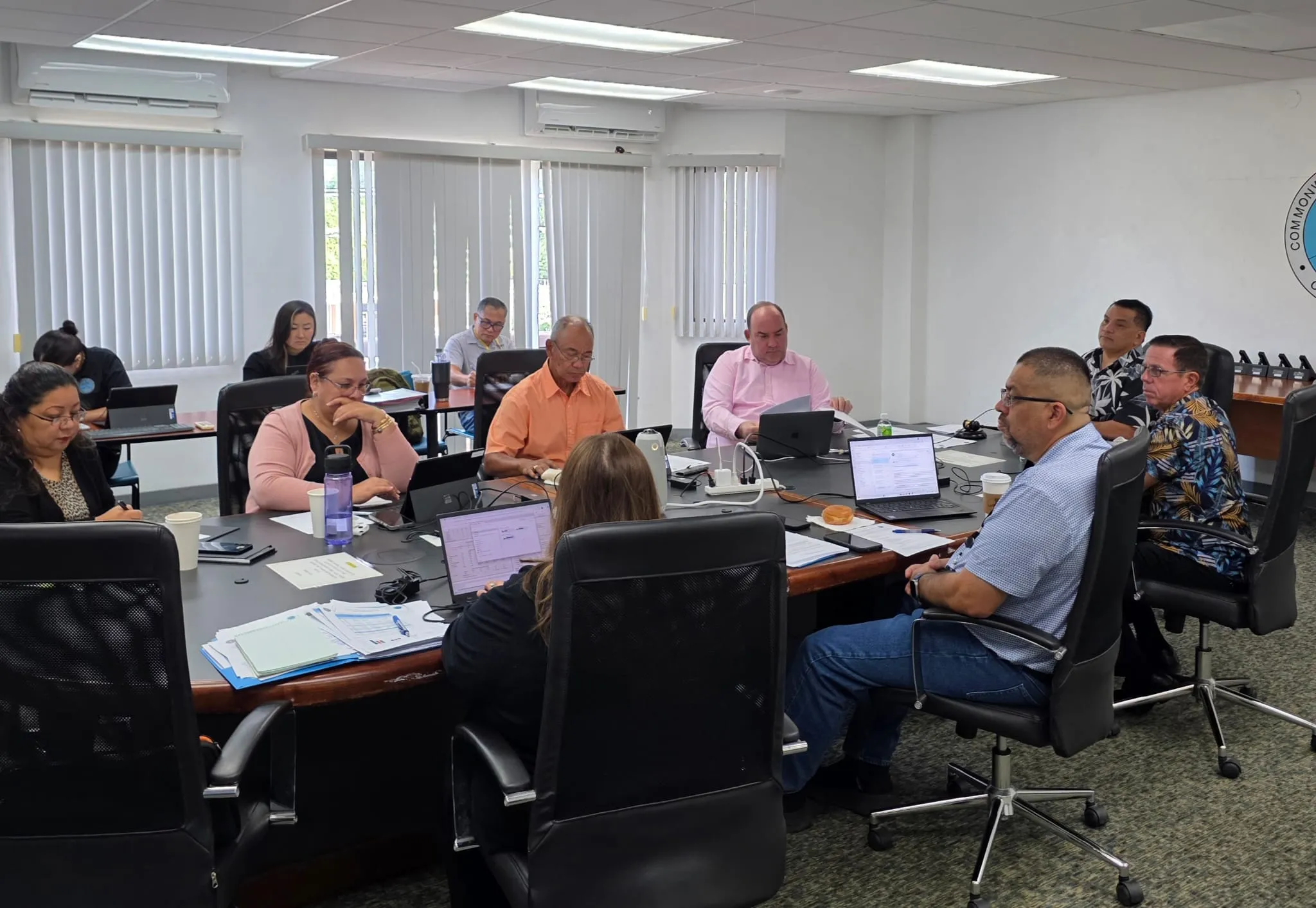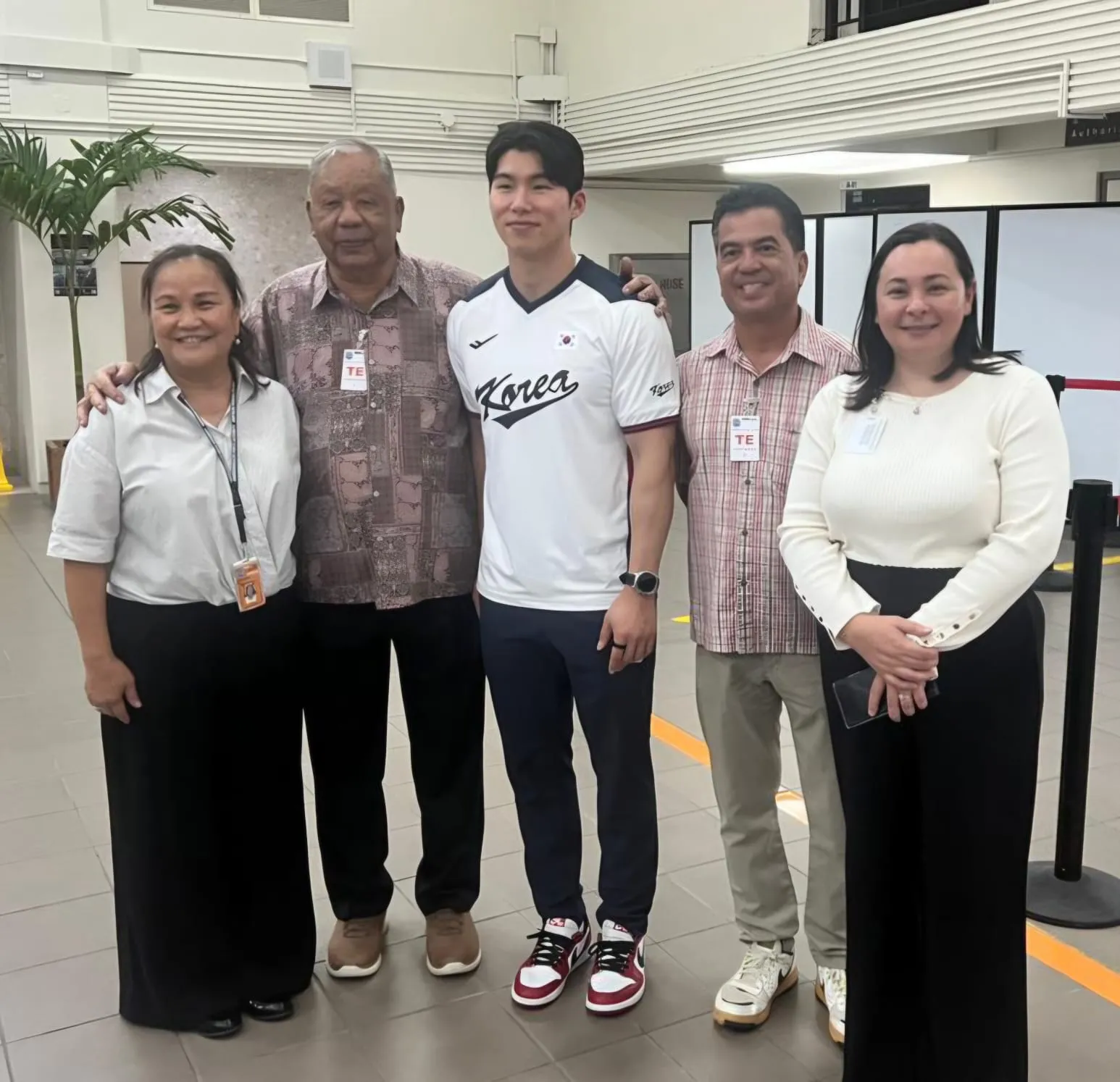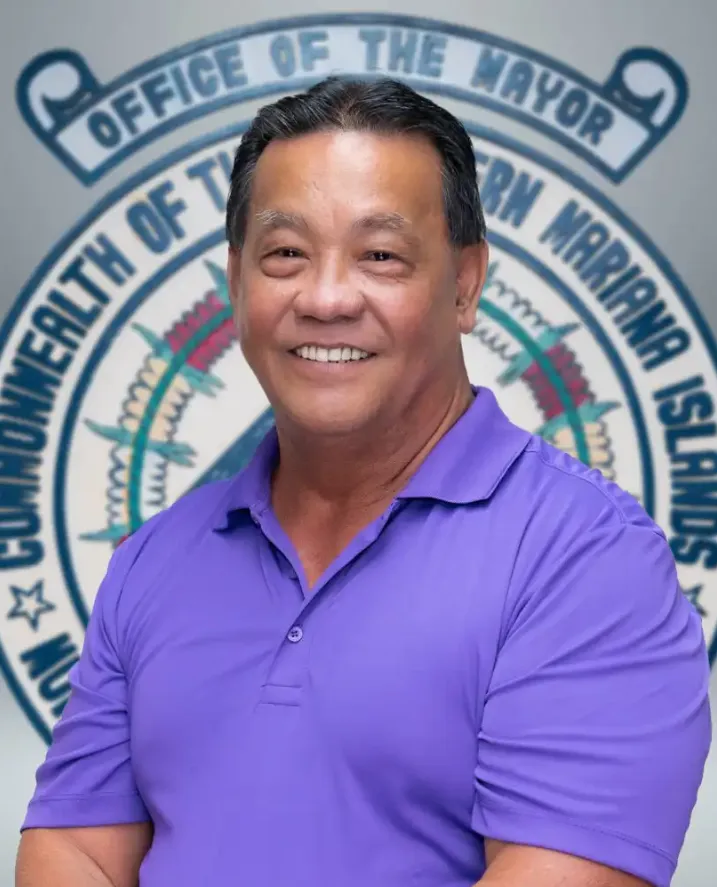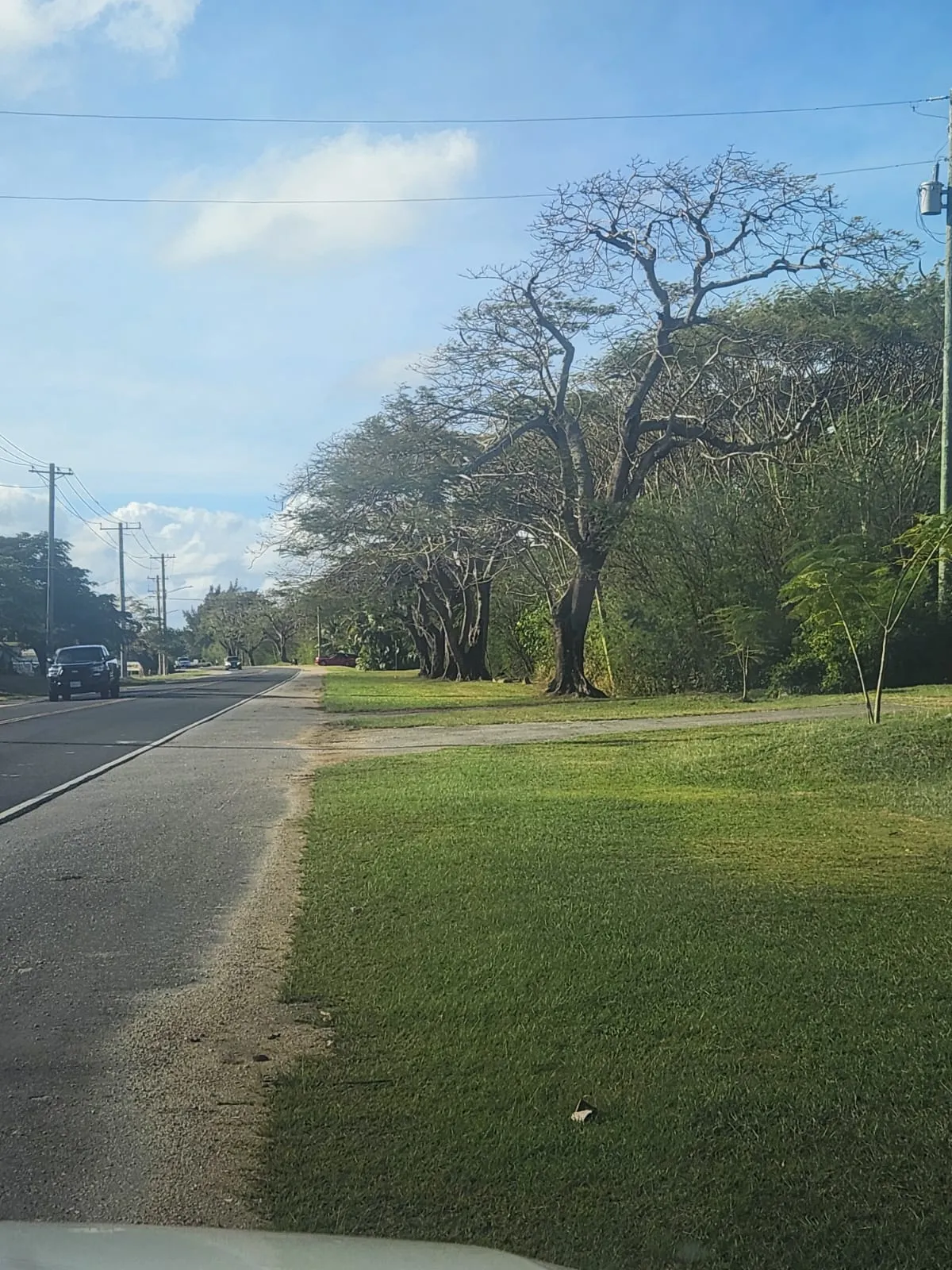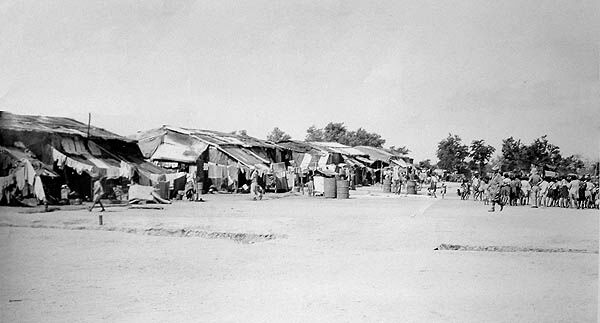
Camp Susupe (Japanese section) Saipan, 1944.
THE perspective of war survivors in Okinawa and the Marianas should be more prominent in the Japanese recollection of World War II, a PhD graduate of the University of California at Irvine said.
Dr. Ayuko Takeda of Japan recently completed her studies at U.C. Irvine, and submitted a dissertation titled “Chains of Internment: U.S. Military Governance of Camps in the Northern Mariana Islands and Okinawa, 1944-1946.”
She spoke to Variety on Saturday, Sept. 2, at the Marianas History Conference, where she was a presenter.
“In Japan we don’t talk much about what happened here in the Marianas and also in Okinawa,” Takeda said. “I was interested in what kind of politics is behind commemorating certain memories of war, and what kind of memories are silenced and forgotten in the public memory in Japan.”
Takeda completed her undergraduate and graduate studies in Tokyo.
She wanted to combine her interest in American culture, war memories, militarization of the Pacific, and racial and gender dynamics into one field of study.
She said her dissertation was born out of a frustration with the way Japanese media commemorates and remembers World War II.
In her dissertation’s abstract, Takeda wrote: The “U.S. military interned the local people in the NMI and Okinawa in the name of liberating them from brutal Japanese rule. Yet this rehabilitation was a process to cure, Americanize, and subordinate interned people through political, medical, and economic policies. In doing so, the U.S. military normalized its occupation of the islands for decades after the war.”
She said her dissertation aims to bring critical focus to what occurred in this region during and after the war.
She noted that the Japanese media is ready and willing to create documentaries about Japan’s soldiers and civilian war casualties, but that representation is lacking when it comes to the Japanese outside of mainland Japan.
“When Aug. 15 [the day Japan surrendered] approaches every year, we have mass media making documentaries or stories about Japanese soldiers who were victimized and killed in the war, or Japanese civilians who were killed in U.S. air raids, but [not] Okinawa.”
Takeda said because Saipan, Tinian, Rota, and Guam were under Japan during the war, the activities that took place in the islands also need to be remembered.
“Ordinary Japanese people — both young and old — don’t know what their soldiers did, and the war crimes” committed, Takeda said. “Some academic people of course know about the sexual enslavement of Korean and Pacific Islander women, but most ordinary people don’t know much about what happened outside of Japan at the time of the war and they only say we lost poor young boys killing themselves.”
Takeda said her dissertation will likely be controversial to Japanese readers, but added that it is important to examine how history interacts with the forces at play in the present.
“History is really controversial, even today. History is not something solid in the past. But history affects our lives and our way of understanding how we came to be here today,” she said.


